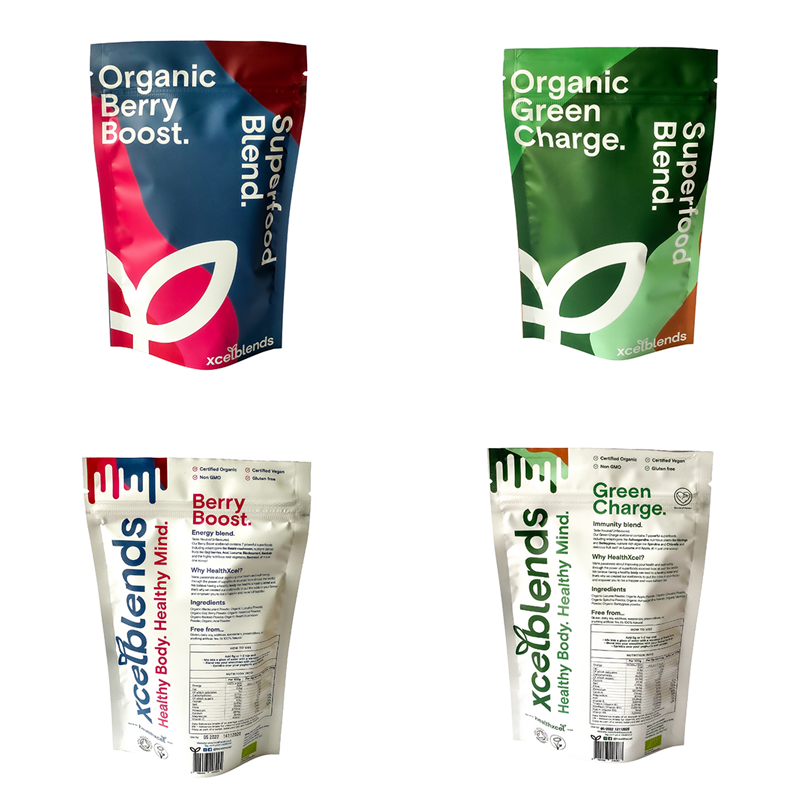“Curcumin Has Received Worldwide Attention For Its Multiple Health Benefits,
Which Appear To Act Primarily Through Its Anti-Oxidant And Anti-Inflammatory Mechanisms..”
Being a relative of ginger, turmeric is a vivid yellow-orange spice that is common in Indian, Southeast Asian, and Middle Eastern cooking.
It has also been used for medicinal purposes in places like India for centuries to treat problems like breathing issues. Over the recent years, turmeric has become increasingly popular as a superfood to help fight cancer, ease depression and much more mainly due to its active compound – Curcumin.

But what else can this powerful substance do?
Type 2 diabetes: Curcumin can help keep blood sugars steady and therefore a useful tool to prevent or treat type 2 diabetes. One study consisting of 240 adults with prediabetes found that taking a curcumin containing supplement over 9 months, lowered their odds of developing diabetes.
Arthritis: At the right dose, curcumin may be a more effective anti-inflammatory treatment than common inflammation-fighting medicines such as Ibuprofen & Aspirin according to a study. Many chronic diseases which involve chronic inflammation such as arthritis, pancreatitis, IBD (inflammatory bowel disease) may improve with the use of curcumin.
Heart disease: A past study shows that Curcumin may improve endothelial function (the health of the thin membrane that covers the inside of the heart and blood vessels). This membrane has a key role in regulating blood pressure. When endothelial function declines as a result of aging, this can lead to an increased risk of heart disease. Therefore, curcumin may help reduce your likelihood of developing heart disease by protecting against age-related loss of endothelial function.
Cancer: As inflammation is linked to tumour growth, anti-inflammatory compounds such as Curcumin may play a role in treating and preventing a variety of cancer types. A study done in mice suggests that curcumin may help slow the spread of tumour cells and even prevent tumours from developing in the first place, either by disrupting the formation of cancerous cells, interfering with cell signalling pathways, and even causing the cancerous cells to die. Whether curcumin can help cancer in humans is still unknown and research is still ongoing.
Alzheimers: Turmeric may protect your brain against diseases like Alzheimer’s by increasing levels of brain derived neurotrophic factor (BDNF), which is a protein found in the brain and spinal cord which helps keep neurons healthy as well as regulate communication between nerve cells, which is vital for learning and memory. As Alzheimers is associated with lower levels of BDNF, curcumin may help delay or reverse brain degeneration. Much of the research has been done in mice, so the benefits in humans is yet to be proven.
Depression: Like Alzheimers, depression is also associated with lower levels of BDNF. Due to turmeric’s ability to boost BDNF, it can also act as an effective antidepressant. A study in humans was carried out in 2014 whereby 60 patients with major depressive disorder were assigned into three groups. One group received 20mg daily of Fluoxetine (antidepressant), the other 1000mg of curcumin and the third group a combination of the two. By the end of the 6 weeks, all three groups saw comparable improvements, leading researchers to suggest curcumin may be safe to use as an effective treatment for major depressive disorder, however more research is still needed as scientists don’t yet know how it fully works.
REFERENCES
WebMD, Harvard Health, https://www.ncbi.nlm.nih.gov/pubmed/12680238, Genetics Home Reference
